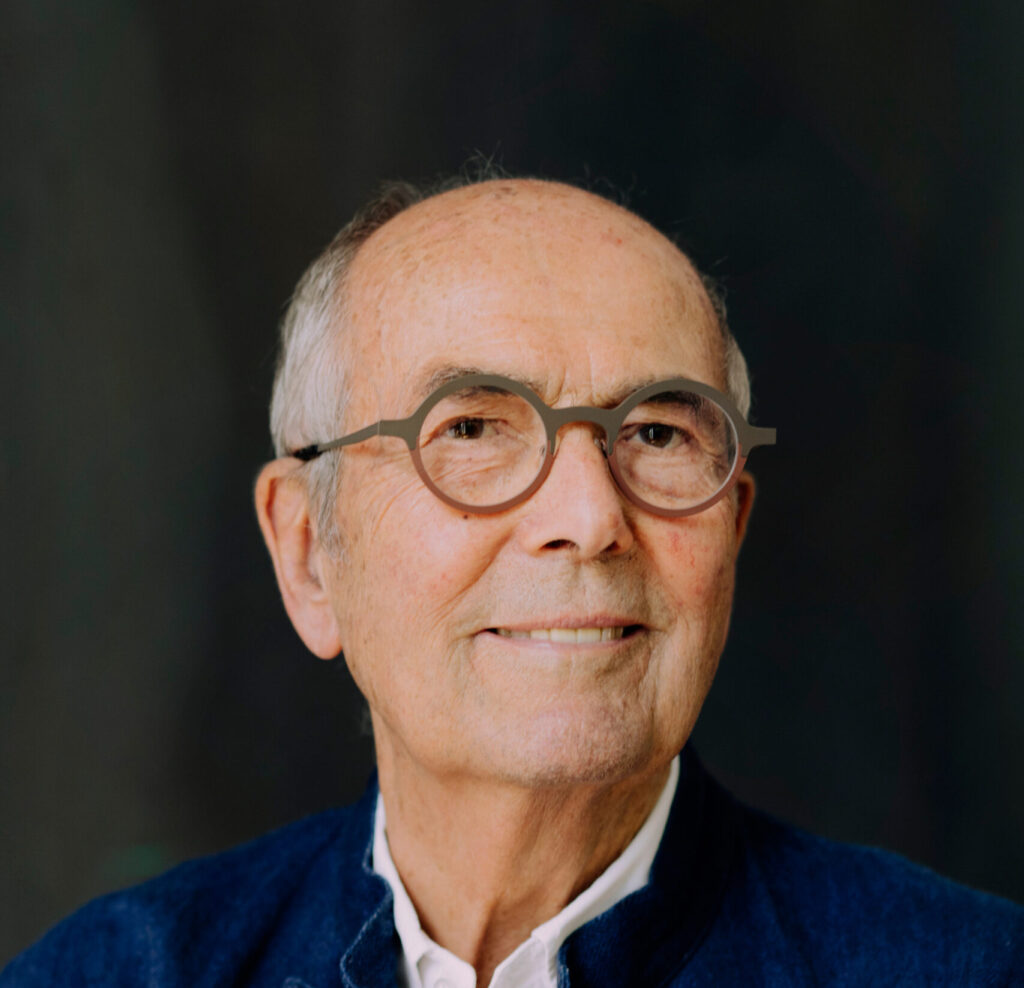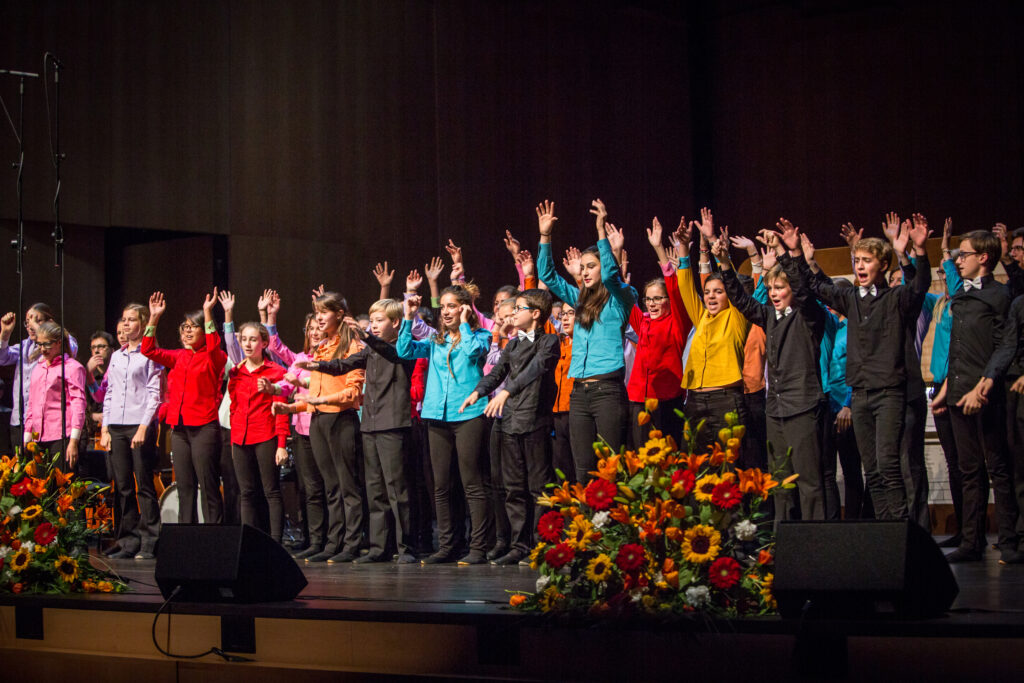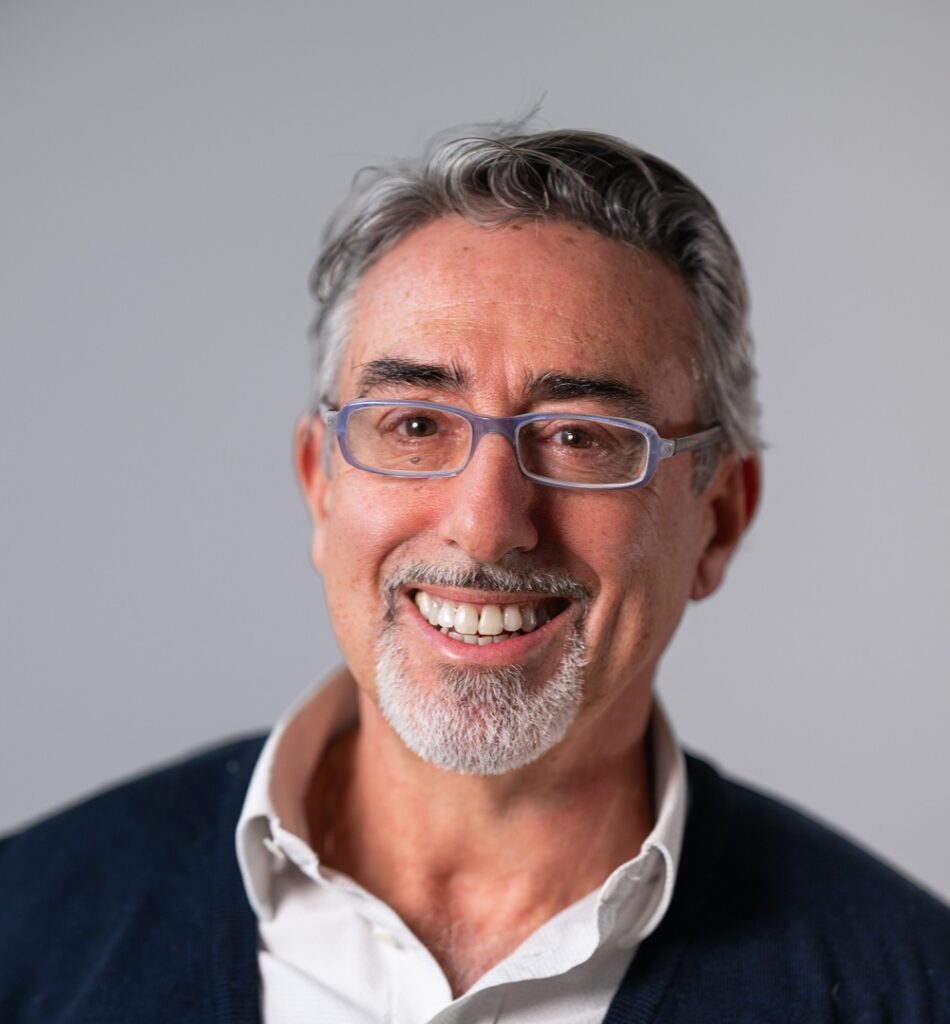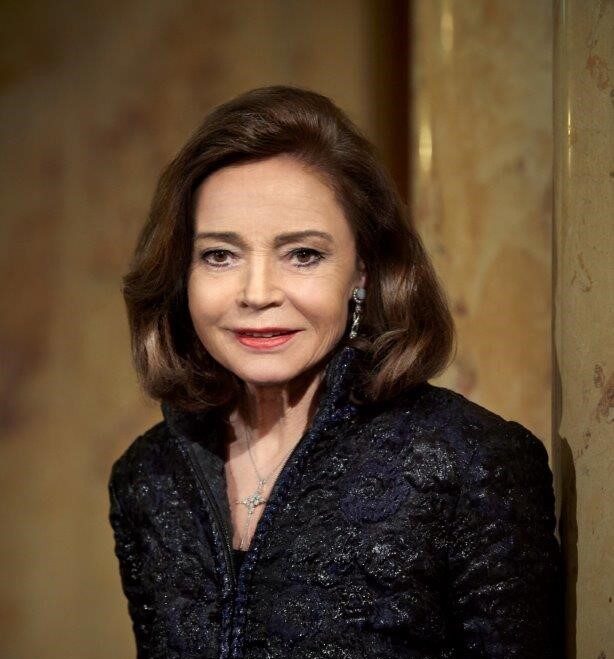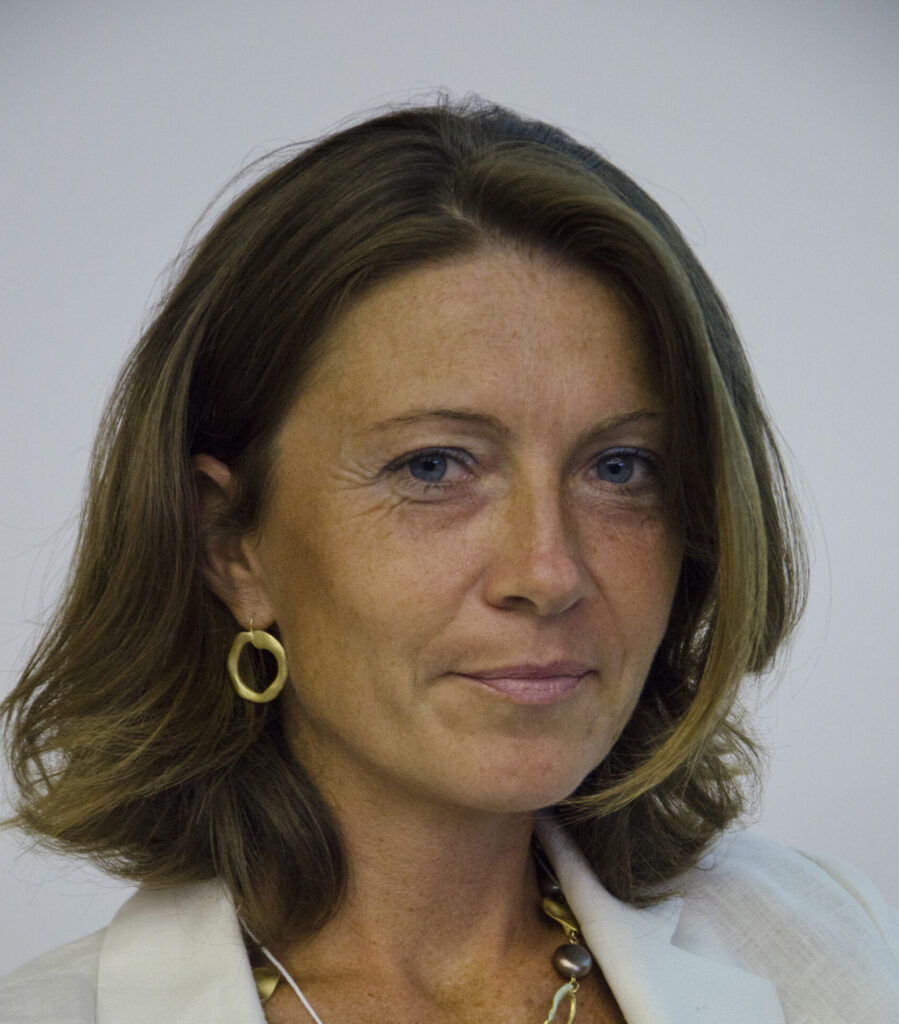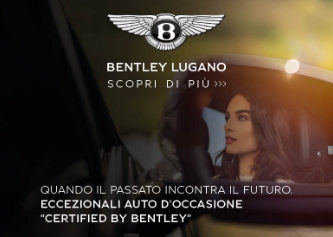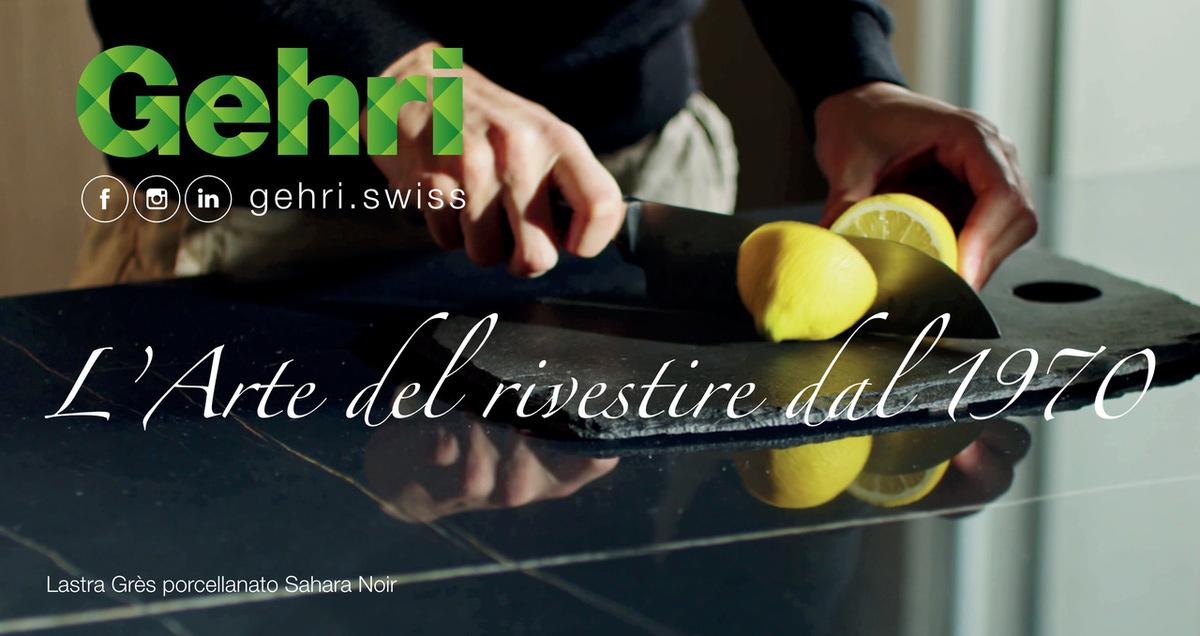Emma Beeston, you are a successful philanthropy advisor. When did you decide to take this profession and why?
«My background is in grant-making but after managing programmes for Foundations for many years, it was time for a fresh challenge. Without much of a plan – apart from saying “yes” to anything that scared me – I became a consultant and soon realised my skillset was exactly what is needed to be a philanthropy advisor. Once I got started, I found working with generous individuals and families to be such a privilege. It is enjoyable and challenging work and so rewarding when you see someone go from feeling unsure or overwhelmed to giving away significant amounts of money».
What are the tasks of a philanthropy advisor?
«At its simplest, a philanthropy advisor acts as a guide to help donors navigate their way through all the many choices philanthropy presents. This can touch on how much money to give, what giving vehicle to use, who else to involve, what cause to support and how best to do this. The philanthropy advisor facilitates the process and also brings their knowledge to help with specific choices and tasks.
It is important to point out that this is an art and not just about carrying out tasks. Philanthropy is where someone expresses their values and it is deeply personal. There are many emotional aspects involved for example exploring ideas around how wealth is come by, how much to give to children, or what the philanthropist wants their legacy to be».
Which are the most prestigious professional schools to become a philanthropy advisor?
«Philanthropy advice is an emerging profession and there is not yet a clear set of standards or qualifications required. There are some courses in the US such as the American College’s Chartered Advisor in Philanthropy and here in the UK I teach on the Advising Donors module of the University of Kent’s Masters in Philanthropic Studies. Most philanthropy advisors I meet, bring expertise from another field such as international development or fundraising and then direct their own learning and development. They might train as a coach or facilitator or learn more about specific areas such as climate philanthropy or systems-thinking methods».
How are these professional training courses structured?
«There is a need for more professional training. Whatever form this takes, it is important to me that this is not just focused on philanthropy advice as a transaction. It needs to also embrace the the art of advising such as how to build trust with clients and the ethical issues inherent in giving good advice. For example, how much should the advisor be led by the donor’s preferences and how much is it their role to challenge their client’s choices? Should advisors help anyone seeking advice or only those who match their own values?».
When you first meet a philanthropist, what are the things you want to know right away?
«Listening and understanding are key at the start of the relationship. I want to know what motivates and what matters to them. Every philanthropist has a unique journey – for some people there is a clear issue they want to address and for others they want to make a difference but are not sure how. I have also learned the importance of finding out about more practical issues such as how much time they have to give to their philanthropy as this will determine the pace and ambition of the work».
What are the various steps in an advisory process before advising the philanthropist which projects to support?
«In the book we simplify the process to four common steps:
- clarifying the donor’s values, motivations and aspirations
- helping them to choose a focus
- designing a strategy, or roadmap for their giving
- supporting its implementation
And alongside this is the learning journey where the advisor introduces the donor to different philanthropic approaches, the world of non-profits, and connects them with experts, communities, and peers».
Which other advisors does the philanthropist usually work with and how does the collaboration work?
«The philanthropist often has an ecosystem of support around them including wealth managers, tax advisors or a family office team. Sometimes everything is under one roof including philanthropy advice. More often, there is a need for the client or a lead advisor to bring in specialist support. It is hard for any one individual to be expert in all areas so working together is key. For example, I am currently advising a client on which organisations to support and another advisor is helping them with some tricky family governance issues».
How big is your community in Europe? Are you a member of a network? Do you collaborate together?
«We don’t know how many philanthropy advisors there are in Europe (or anywhere for that matter) but I do know it is growing. There is still work to do to convince other private client advisors of the value of philanthropy advice but the philanthropists themselves want this help and the market is responding. I am a member of two US networks and a global one and there is a huge appetitie for collaboration – no one advisor can possibly know about every cause and every opportunity. We share resources and encourage our clients to do the same».
Could you tell us about any particularly successful episodes in your collaboration with philanthropist?
«I have worked with one family for many years. As their knowledge and confidence has grown they have given more and in ways that centre what non-profits need. The third generation are now actively involved in the shaping of the family foundation including lively debates about whether or not they should spend down or continue.
The best part of the job is when I reach out to an organisation to explain that I have a client interested in supporting their work. Quite rightly, they don’t always believe me, and so it is great when they have checked I am legitimate and then after some conversations, they end up receiving a donation. Having worked in grant-making for so many years and knowing how much work goes into funding bids, it is a real treat to be able to support organisations without them having to spend much time on their ask».
Do you remember any particularly interesting happenings?
«Philanthropists are often criticised. The stereotype is that they are driven by ego and status and their giving is about getting others to do what they want in areas they don’t understand. My experience is nothing like this. The people I work with are deeply thoughtful and caring and keen to learn and contribute. They are also very private and so I am afraid I can’t share much in the way of detail».
What future do you see for this profession?
«I want the profile of the profession to rise and for philanthropy advice to become a mainstream offering for people with a range of budgets. I want to see more training and qualifications. I want to see more people become philanthropy advisors, from a diverse range of backgrounds including from non-profits and in global majority countries. I am sure we will see more advisors focusing on different types of donor, causes and approaches, for example, people advising younger philanthropists on climate change, or specialising in collaborations, sytemic change or culturally appropriate practices.
The social and environmental needs are great and the complexity is overwhelming. Whilst philanthropy cannot solve all the world’s issues, philanthropy advisors do unlock private funds for public good. Just imagine what would happen if all advisors spoke to their clients about philanthropy and encouraged them to seek specialist support from a philanthropy advisor? I would love to see giving as the norm for everyone with wealth and philanthropy advisors will be right there to support philanthropists to give more and in better ways».
*Emma Beeston advises philanthropists, families and foundations on creating and implementing their giving strategies. She facilitates strategy and learning sessions for teams and multi-generational families. Emma co-created the Advising Donors module for the University of Kent’s Masters in Philanthropic Giving, lectures on Bayes Business School’s Charity Masters Programme and delivers training for the Association of Charitable Foundation’s Professional Development programme. She is a co-founder of a giving circle, Bath Women’s Fund. Co-author of ‘Advising Philanthropists: Principles and Practice’.


